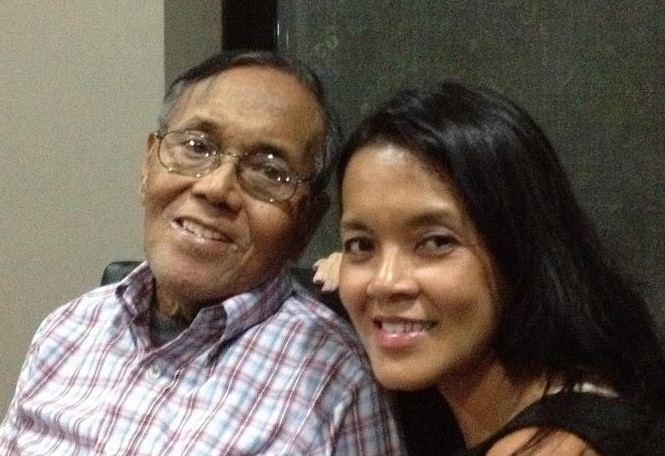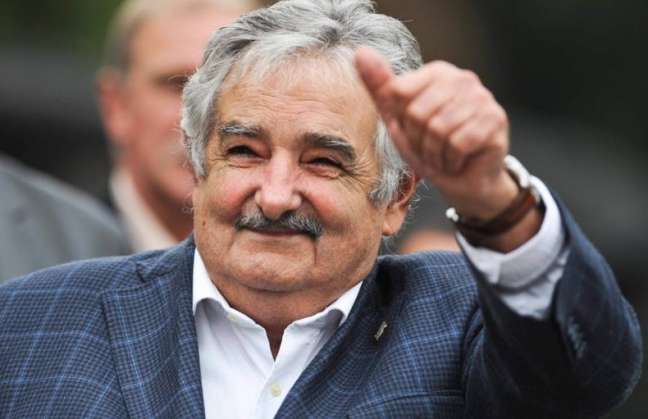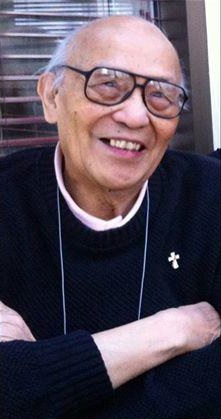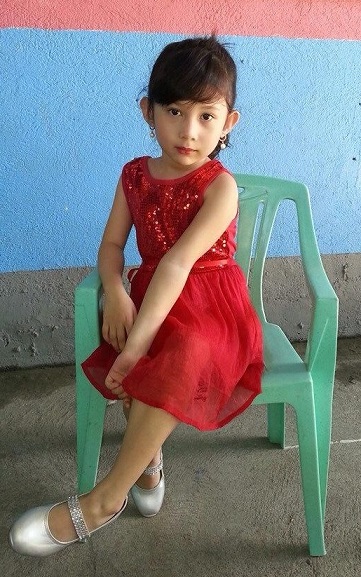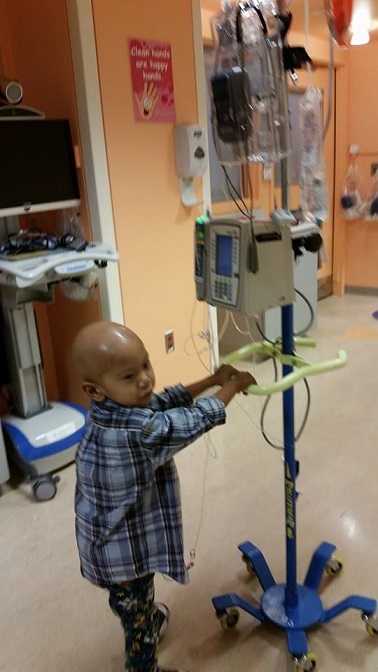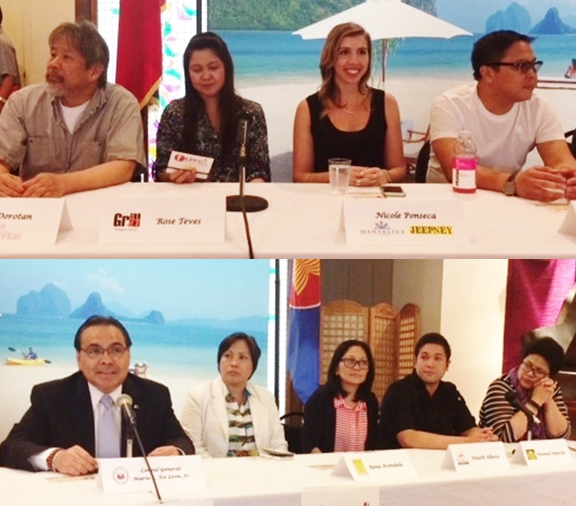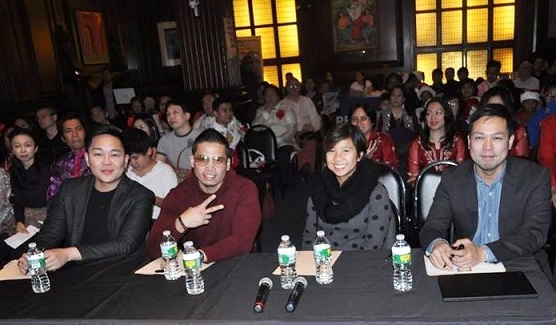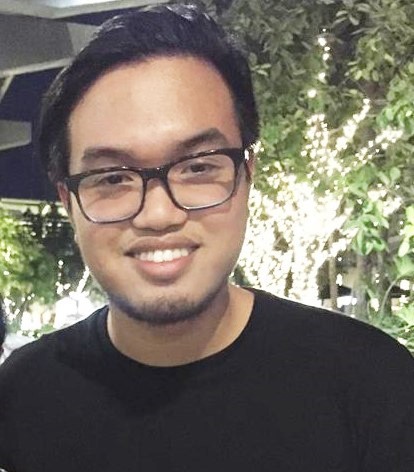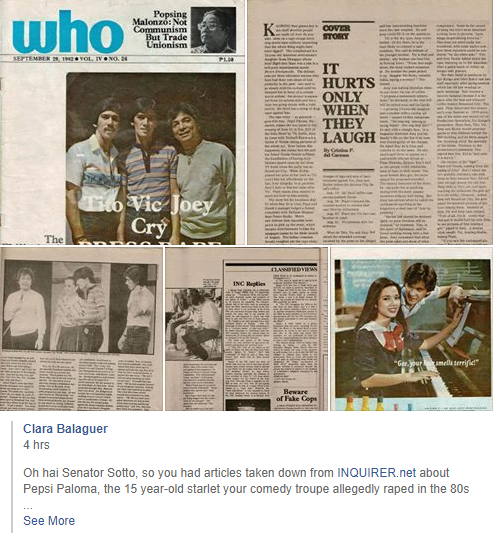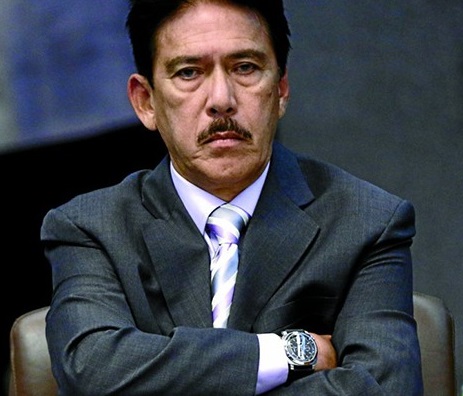‘The world wonders’
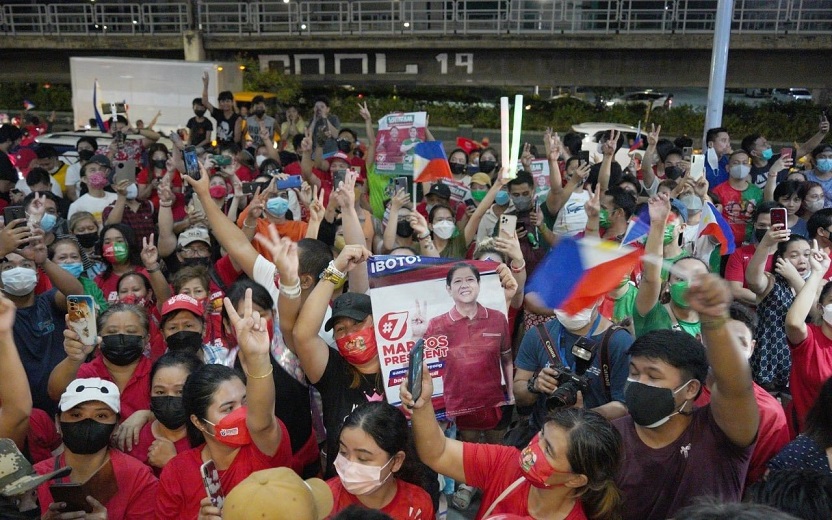
The FilAm Editorial
When the unofficial results of the Philippine elections began streaming through the Internet, the collective reaction of a disbelieving universe was echoed in the 1944 Battle of Leyte Gulf when the Americans were fooled by the Japanese into chasing an empty carrier. “Where is Task Force 34,” asked the American commander in Pearl Harbor. “The world wonders.”
Indeed, the world wonders: Why would Filipinos — whose peaceful People Power revolt led Ferdinand Marcos and his family scampering into exile – vote the dictator’s son Ferdinand Jr. making him the 17th president, 36 years after Edsa.
The world wonders why the unreconstructed scion of a family known to have amassed anywhere from $5 billion to $10 billion of ill-gotten wealth, plus 3,000 pairs shoes could have won.
The reactions have ranged from disbelief to anger to resignation and bitterness from followers of Leni Robredo and global observers of Philippine election.
A basic question bubbled to the surface: Can Filipinos ever be mature enough to handle the responsibilities of being a nation? Can our people ever understand the true meaning of justice, accountability and laws that apply to one and all? The results are not encouraging for a proud people that take victory laps around the notion that we are one of the first democracies in Asia. How do we look to the world now?
As a people, some of us look at elections as an entertainment circus, not a constitutional exercise to choose well-regarded personalities to lead us every six years. We appreciate flash more than the substance, the catchy slogans more than the idea that public office must be taken seriously because it involves the running of a nation’s affairs.
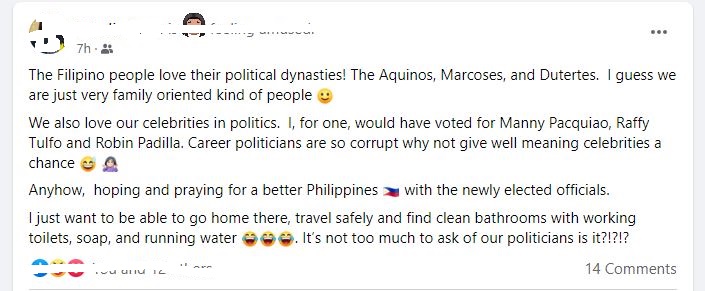
We look at candidates based on familiar surnames and gimmicky campaigns, not so much on what they can do, what they stand for and what their values they represent.
We took for granted a democracy that was taken away from us by the Marcos dictatorship, and which a groundswell of us — led by Cory Aquino, some opposition politicians, the Church, and segments of the military — fought to take back in 1986. When democracy was ours, we forgot to nurture it and hold it sacred. We voted back the political families and their spouses and rolled out the red carpet for showbiz entertainers and athletes to enter politics even if they had nothing much to offer but their popular appeal.
Several decades ago, American journalist James Fallows, pointed out that the Philippines has a “damaged culture.” Specifically, he wrote in The Atlantic: “The tradition of political corruption and cronyism, the extremes of wealth and poverty, the tribal fragmentation, the local elite’s willingness to make a separate profitable peace with colonial powers—all reflect a feeble sense of nationalism and a contempt for the public good.”
He was raked over the coals by an outraged elite who slammed his views as those of a privileged, arrogant outsider. Those views stung because it highlighted something uncomfortable; that we ourselves are our own worst enemy and we just rewarded the greediest and most horrid amongst us.
All these years later, it would have to be conceded that he is likely correct. This election showed that we disdain the very simple notion of truth.
The family of the man assuming the presidency represents our worst instincts. Those traits are vainglory, corruption and a refusal to accept responsibility.
But we do not mean to give up on the nation that we love. It just means we have to fight harder. There are still many Filipinos out there who look for the qualities of a decent human being in their leaders, but they were outnumbered by many others who do not. That gives us pause for reflection and a sense of despair.
We are facing a struggle that will be generations in the making. Let us roll up our sleeves and begin.
© The FilAm 2022

